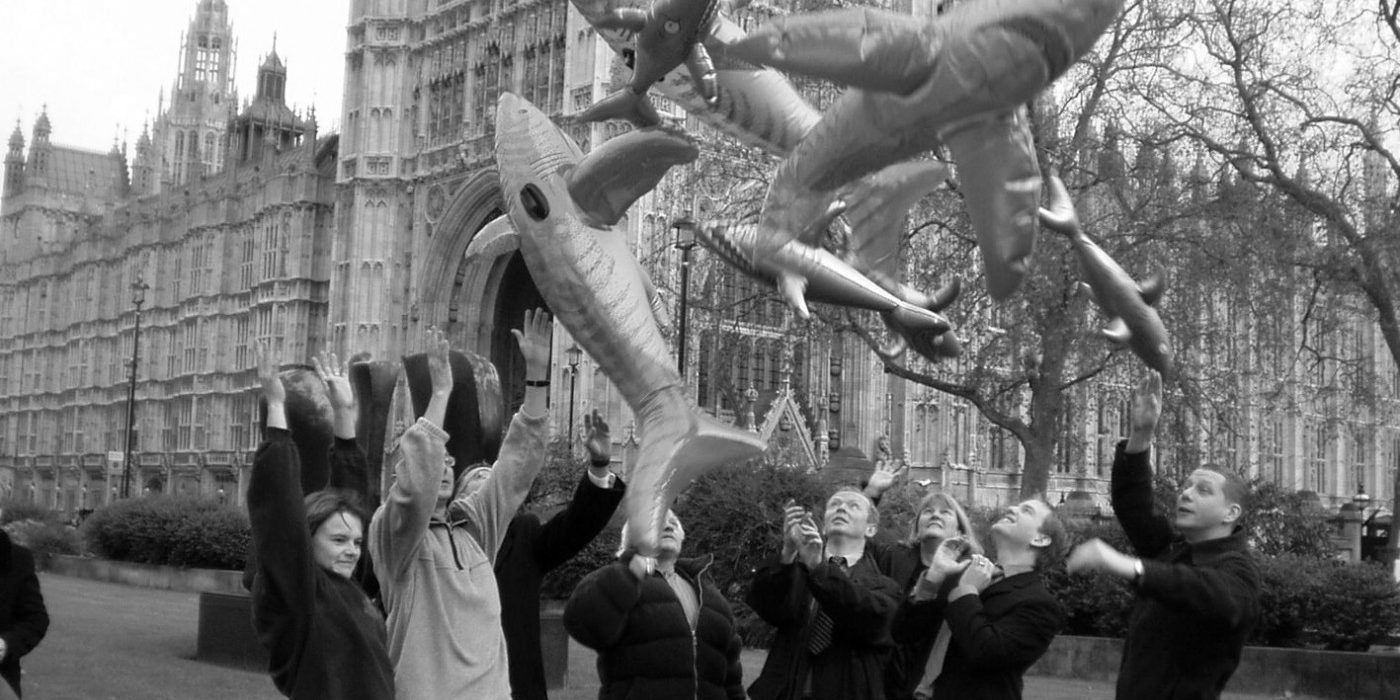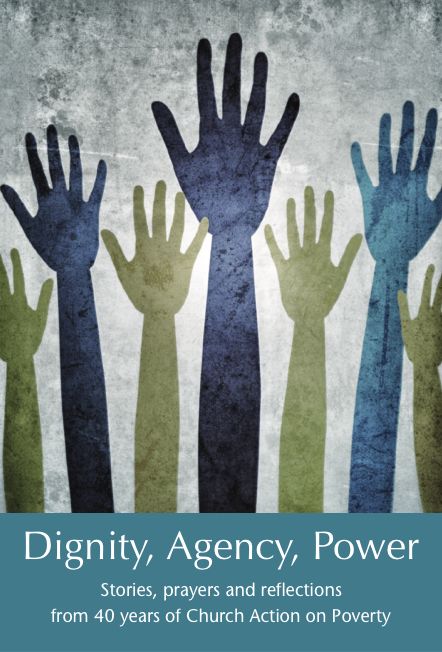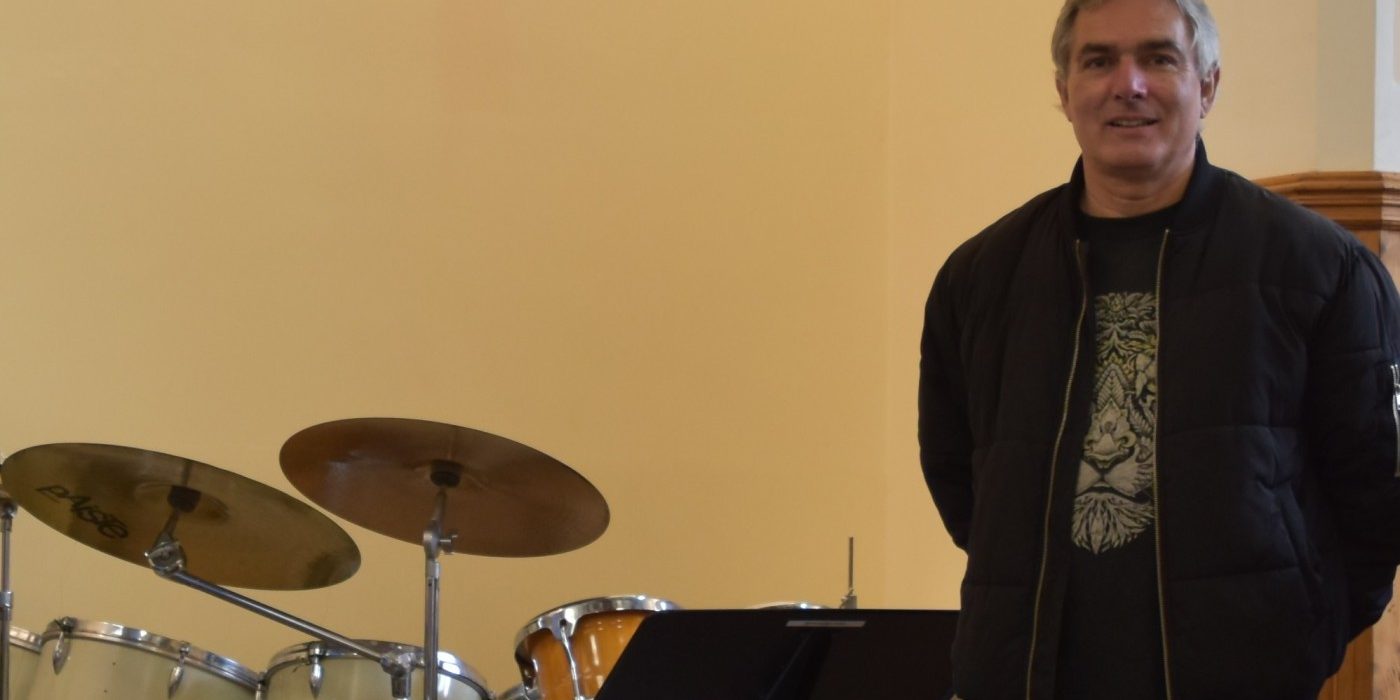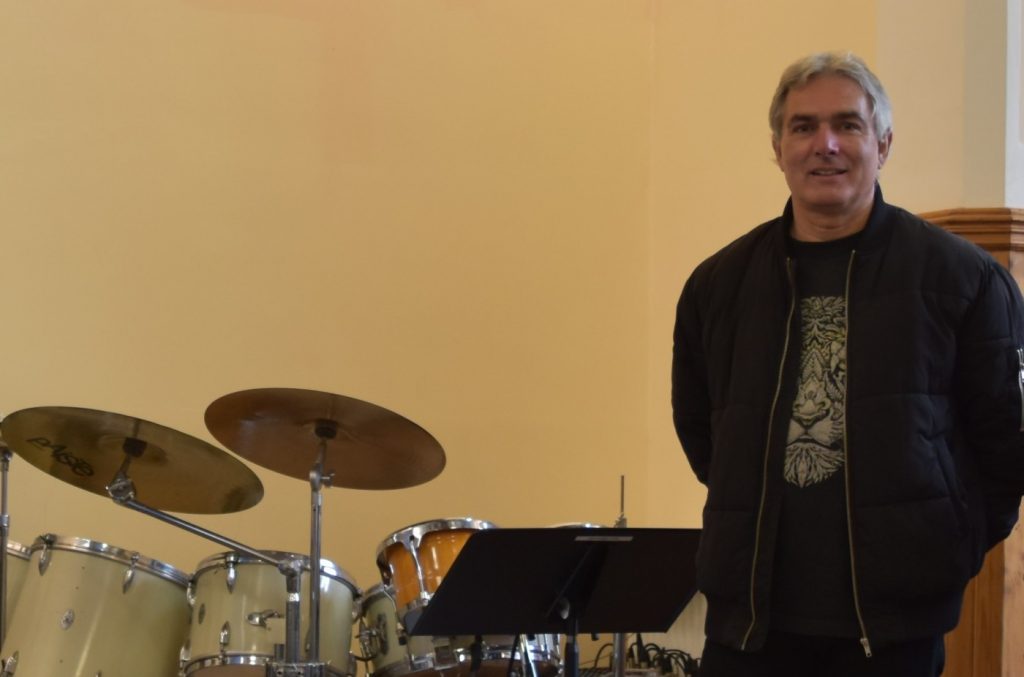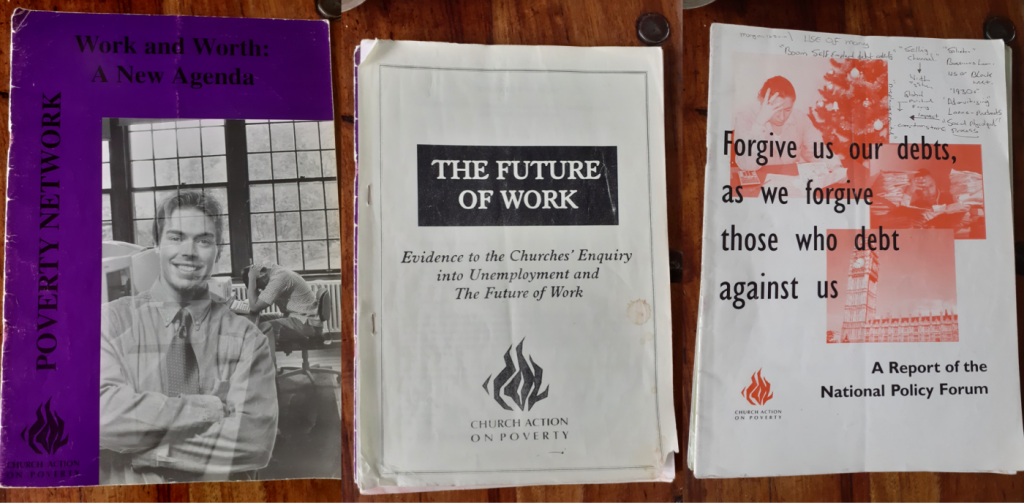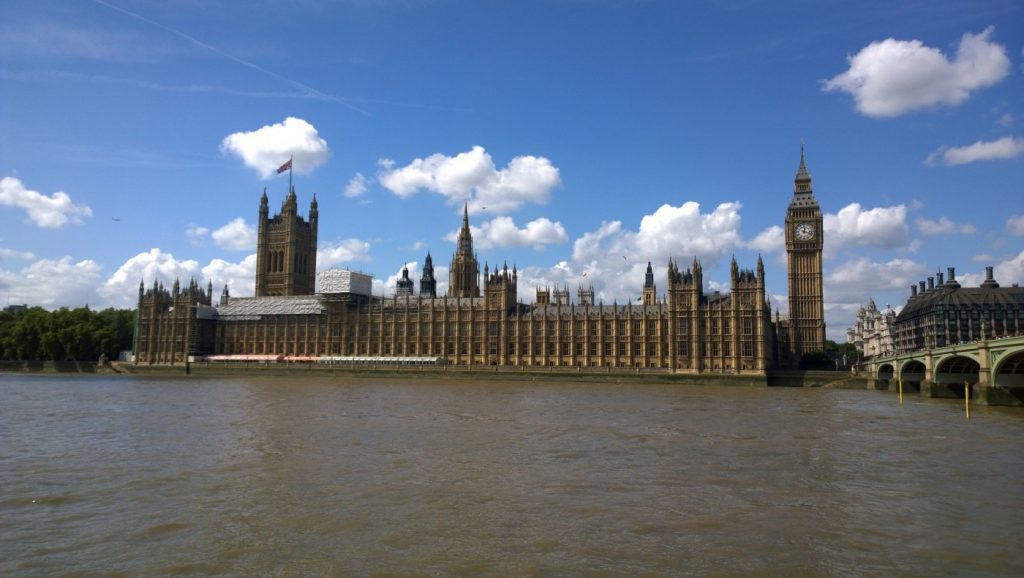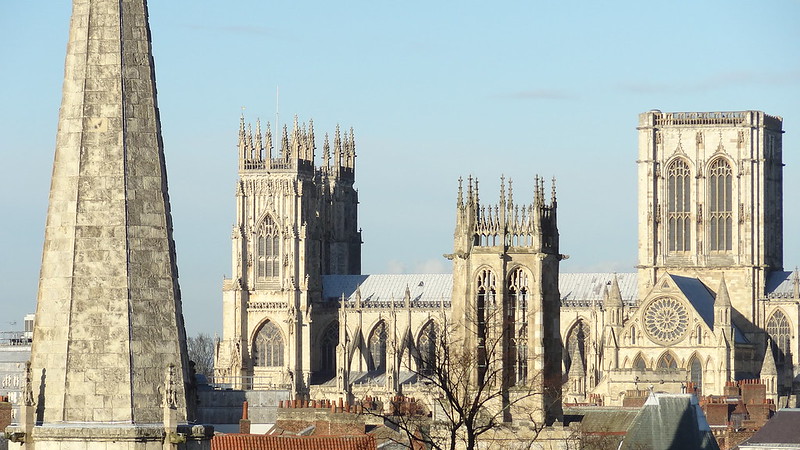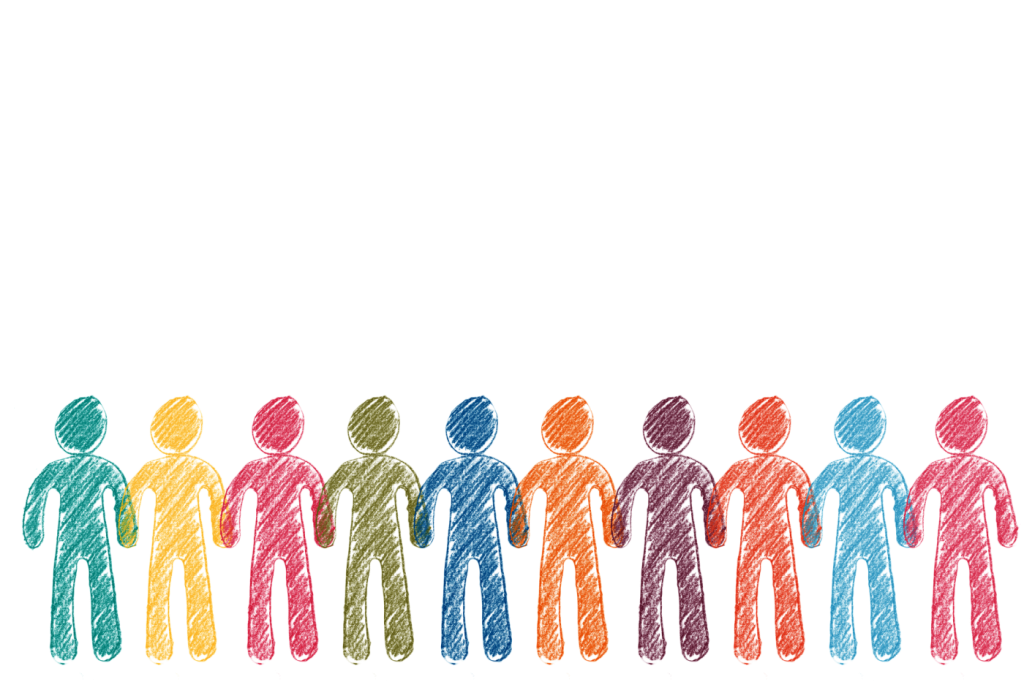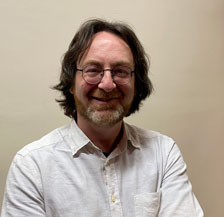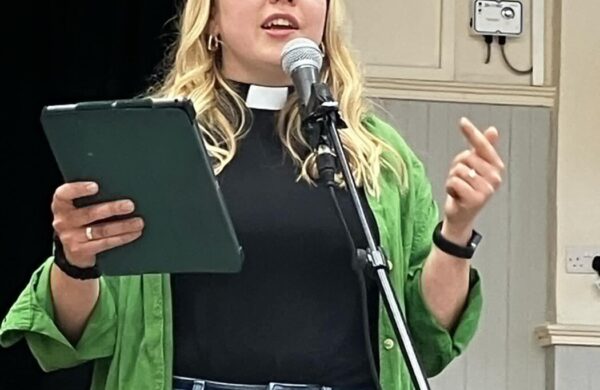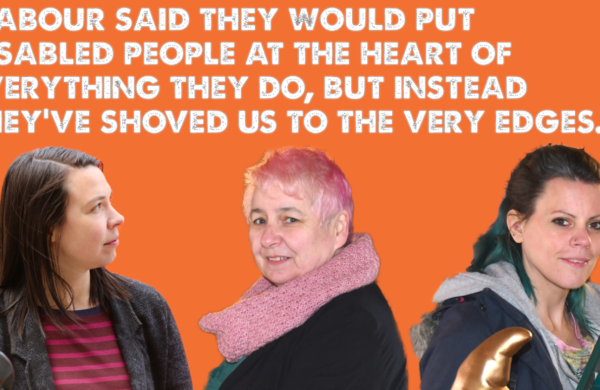The 2022 Dignity, Agency, Power calendar include stories from today and from previous inspiring campaigns in the movement to end poverty. Here, we look at the Debt On Our Doorstep campaign.
It just isn’t right for institutions to exploit vulnerable people for profit, by lending money at astronomical rates of interest.
That is a moral view widely held today, and a teaching that runs through multiple faith traditions. So it was no surprise that Christians helped take the lead in a recent struggle against exploitative lenders.
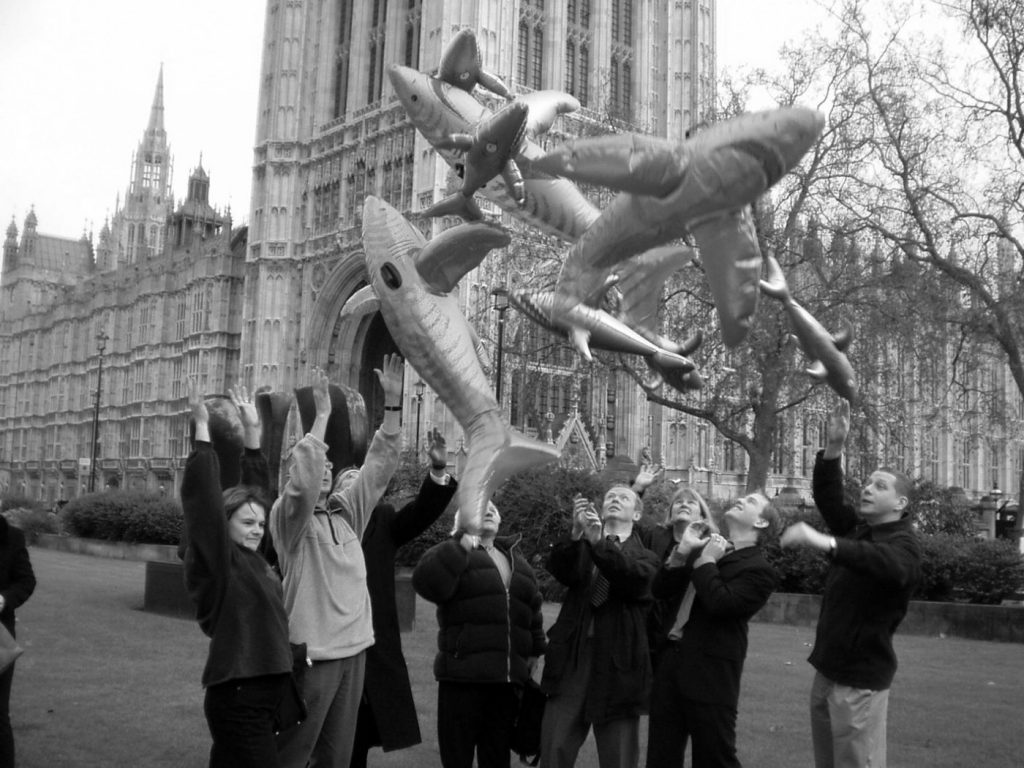
A widespread campaign
For many years, ‘doorstep lenders’ and ‘rent-to-own’ companies were a scourge on poor communities, charging interest rates of 160%APR or more to people who had nowhere else to turn. In recent decades, they were joined by other legal loan sharks such as Wonga and other payday lenders.
When Church Action on Poverty decided to challenge these companies, we knew we had to build a wide movement to achieve real change. The ‘Debt On Our Doorstep’ campaign brought together churches, credit unions, experts on debt and credit, and people who were customers of the high-cost lenders.
Gathering momentum
It was a long struggle. We held a public demonstration at Westminster with inflatable sharks, carried out research and produced policy recommendations.
Over time, awareness grew and campaigns snowballed. Debt On Our Doorstep worked alongside other campaigns led by MPs, and Church Action on Poverty was pleased to back the Archbishop of Canterbury when he launched his own initiative designed to ‘put Wonga out of business’.
Government regulators finally took action, introducing a cap on the cost of credit and other regulations which ultimately led to Wonga, the Providential and other lenders having to cease their high-lending practices. Together, we challenged these powerful oppressive organisations and stopped them sweeping people deeper into poverty.
A recipe for the future
To change the world, we must build movements alongside all people of good will. That continues to be Church Action on Poverty’s approach today, as we work with partners across the UK, always led by people who have experienced the issues.
What are the unjust structures we should be speaking out about now? And how can people use their voices and power to transform those unjust structures?

Be part of a movement that’s reclaiming dignity, agency and power

